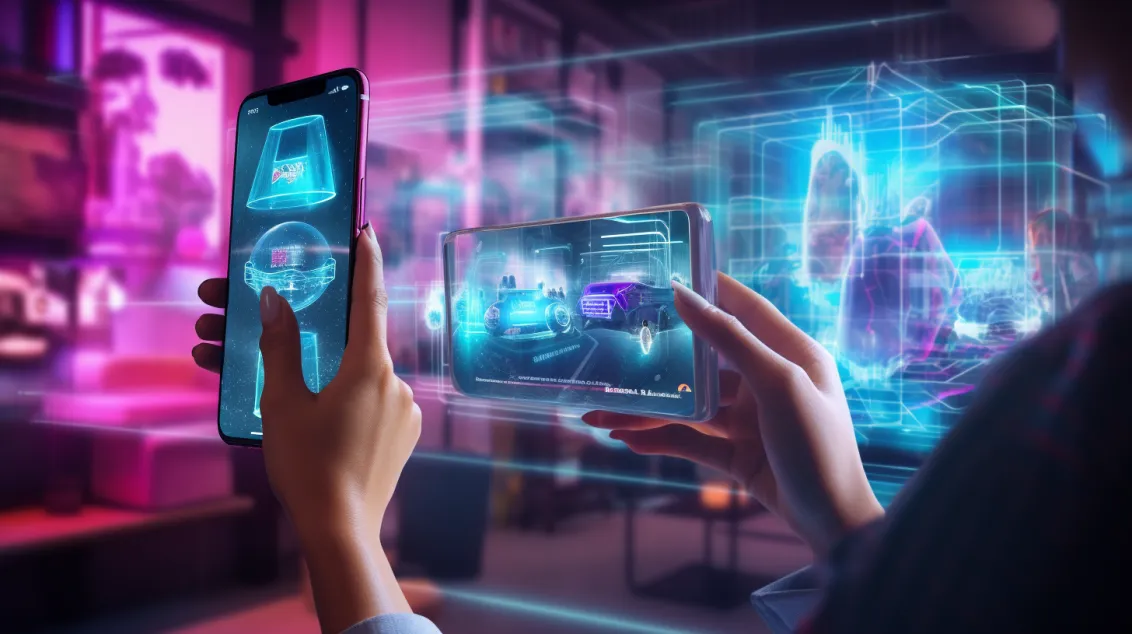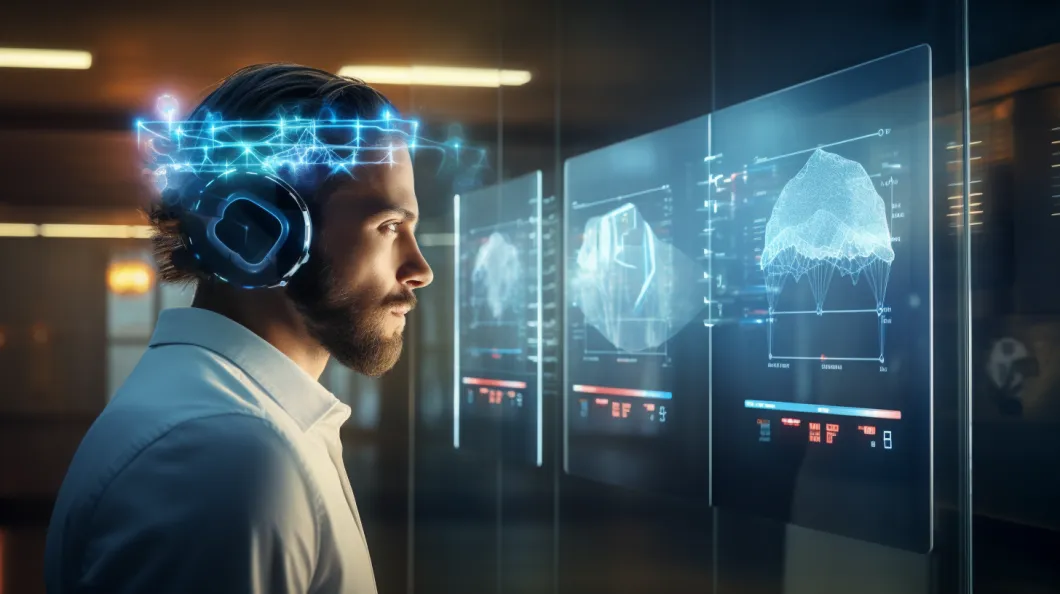Table of Contents
CES 2024: The AI in Consumer Electronics Showcase The Consumer Electronics Show (CES) in Las Vegas is the annual gathering of the tech industry, where the latest innovations and trends are unveiled. This year, the event is dominated by one theme: AI in consumer electronics.
AI, or artificial intelligence, is the technology that enables machines to perform tasks that normally require human intelligence, such as understanding speech, recognizing images, and generating content. AI has been around for decades, but it has gained momentum in recent years, thanks to advances in computing power, data availability, and algorithms.
AI Unleashed: Redefining Consumer Electronics at CES 2024 and Beyond
At CES 2024, AI is not just a buzzword or a niche feature; it is a fundamental component of product design and functionality. From cars and scooters to headphones and cameras, AI is powering devices that are more intuitive, responsive, and personalized than ever before.
AI in Consumer Electronics: A Leap Forward The integration of AI into consumer electronics is not a mere enhancement of existing capabilities; it is a paradigm shift that changes how we interact with technology and the world around us. AI enables devices to learn from data and user behavior, to adapt to different contexts and preferences, and to anticipate and fulfill user needs.
For example, AI-powered cars can detect road conditions, traffic patterns, and driver behavior, and adjust accordingly to optimize safety and efficiency. AI-powered headphones can analyze ambient noise and user preferences, and adjust the sound quality and volume accordingly. AI-powered cameras can recognize faces and scenes, and apply the best settings and filters for each shot.

AI in consumer electronics also opens up new possibilities for creativity and entertainment. AI-powered speakers can generate music and podcasts based on user tastes and moods. AI-powered handheld devices can create realistic and immersive virtual and augmented reality experiences. AI-powered generative computing can produce original and diverse content, such as art, stories, and games.
AI in Consumer Electronics: A Broader Perspective The impact of AI in consumer electronics goes beyond individual devices and user experiences; it also reflects and influences the larger trends and challenges of AI in society and the world.
One of the key trends is the emergence of niche AI applications in various sectors and domains, such as insurance, media, education, and healthcare. These applications leverage AI to provide specialized and customized solutions for specific problems and needs, such as fraud detection, content creation, learning assessment, and diagnosis.
Another trend is the shift towards smaller and more efficient AI models, which can run on low-power and edge devices, such as smartphones and wearables. These models reduce the reliance on cloud computing and internet connectivity and enable faster and more secure AI processing.
Ethical and Regulatory Challenges in the AI in Consumer Electronics at CES 2024
A major challenge is the ethical and regulatory dimension of AI, which involves the questions of fairness, accountability, transparency, and privacy of AI systems and their outcomes. These questions are especially relevant in the context of AI in consumer electronics, where AI interacts directly with users and affects their lives.

Another challenge is the role of AI in democratic processes, such as elections, where AI can influence public opinion and behavior through social media, misinformation, and manipulation. This challenge is highlighted by the ongoing debate over the use and regulation of AI in the US primary elections, which will determine the candidates for the 2024 presidential race.
AI in Consumer Electronics: A Balanced Approach As we enter 2024, the year of the AI in consumer electronics revolution, we face a dual challenge: to embrace the opportunities and benefits of AI, while also addressing the risks and responsibilities of AI.
The trends and developments at CES 2024 are not only indicators of technological progress but also a call for a thoughtful and balanced approach to the integration of AI in our lives. This approach requires collaboration among stakeholders, such as developers, users, regulators, and researchers, to ensure that AI is used in a way that is ethical, responsible, and beneficial for humanity.
The journey of AI, as showcased at CES 2024, is a story of transformation, challenge, and opportunity. It is a story that demands a balanced approach, where innovation is paired with a commitment to ethical and responsible use of technology.